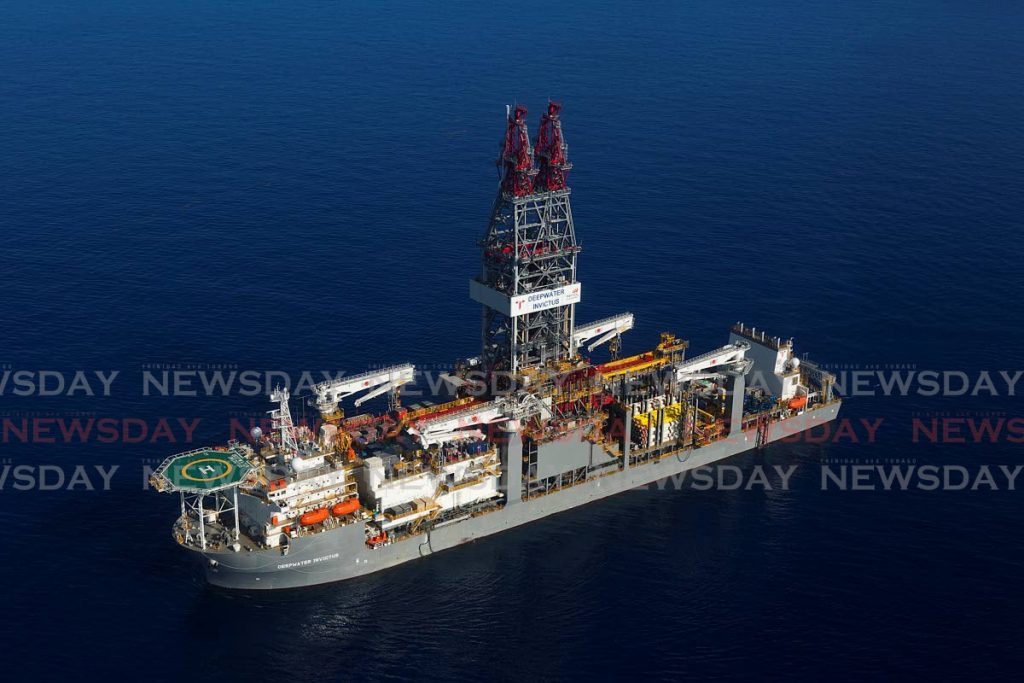Woodside: Deepwater drilling costly but worthwhile

A POCKET of natural gas – 100 miles off the coast of Trinidad and lying beneath waters a mile deep – will demonstrate the potential of deepwater drilling, said Woodside Energy (formerly BHP Billiton).
Stacy Patrick, project director of the Calypso field, made this prediction to the Trinidad and Tobago Energy Chamber's energy conference on January 23 at the Hyatt Regency, Port of Spain.
Estimates are the field contains 3.2 trillion cubic feet (or 3,200,000,000,000 cubic feet.)
Patrick began by saying demand for oil and natural gas was predicted to continue into the future.
"In fact the IEA (International Energy Agency) projects that even under a net-zero scenario, it will continue to make up approximately 20 per cent of the energy mix until 2040."
Net-zero means producing only the same amount of carbon dioxide that gets removed from the atmosphere (such as by absorption by plants).
She then said deepwater drilling was now one of the fastest-growing sectors in the oil and gas industry, offering growth potential.
Patrick said global oil production from deepwater acreage grew from 300,000 barrels per day (bpd) in 1990 to ten million bpd this year and is projected to reach 17 million bpd by 2030.
"Calypso has the potential to unlock the deepwater province for this country."
She warned that deepwater projects were more complex, more costly, and more time-consuming than shallow water and onshore projects.
Patrick said that for energy projects, a government must have an attractive investment regime that works for all stakeholders. It must be attractive enough for energy investors compared to what they may be offered elsewhere, but also be able to protect the environment.
"In this vein, the Government deserves a lot of credit, as there is a strong history of adherence to those principles."
She said industries must have good partnerships with the local communities where they operate.
Later in a question session, Patrick said deepwater projects do not cost hundreds of millions of dollars to undertake, but billions.
She said Trinidad and Tobago was an attractive place for energy companies for three reasons: it has an understanding government, a favourable demand-and-supply situation, and offers multiple avenues to commercialisation of natural gas by way of a very robust market for gas, plus a market for LNG.


Comments
"Woodside: Deepwater drilling costly but worthwhile"